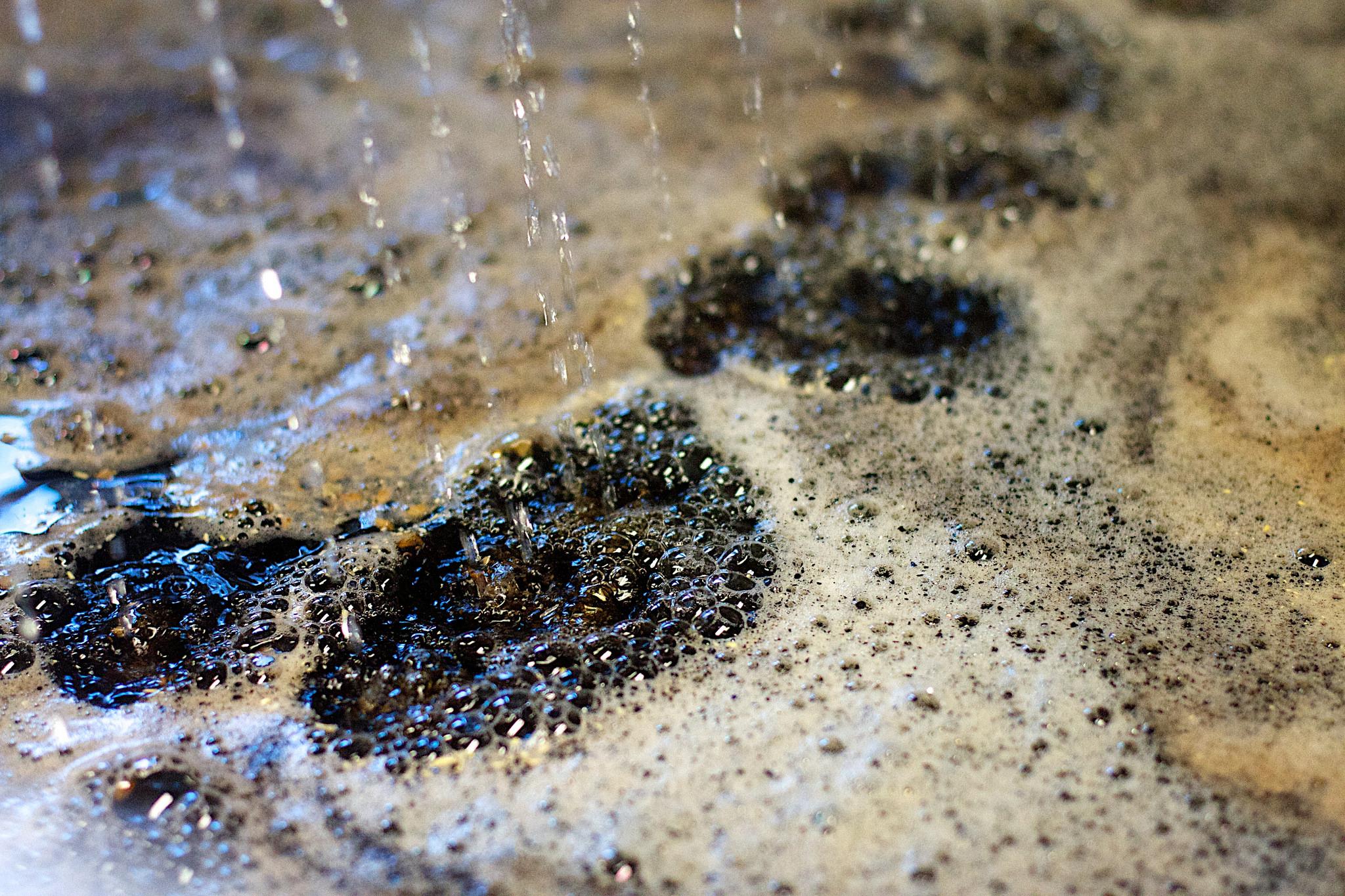
Did you know your craft beer habit has a significant environmental toll? Every barrel of craft beer made produces about seven barrels of wastewater during the fermentation process.
And this water requires filtration, so it can’t just be tossed in the trusty sewer.
Enter engineers.
Researchers at the University of Colorado-Boulder published a study in journal of Applied Materials & Interfaces last month that details a new potential use for brewery wastewater: naturally-derived lithium ion battery electrodes, or the material in batteries that conducts electricity.
The process uses naturally sugar-rich wastewater from breweries to cultivate a fast-growing fungus, Neurospora crassa. Using the wastewater to cultivate raw materials, the team was able to determine the physical and chemical properties of the fungus, thereby creating a highly efficient energy conductor for lithium-ion batteries.
An added plus? The process cleans the water.
“The novelty of our process is changing the manufacturing process from top-down to bottom-up,” Zhiyong Jason Ren, one of the study’s co-authors, said in a statement. “We’re biodesigning the materials right from the start.”
Prior to their innovation, converting biologic materials into carbon-based conductors was expensive. Further complicating the process was the short supply of naturally occurring biomass, such as timber or sugar-rich water, as well as the environmental impact of gathering those materials.
But Colorado’s growing brewery industry could provide a surplus of the biomass manufacturers need at a significantly reduced price. Breweries would benefit from reduced municipal water charges. Plus, clean water.
Tyler Huggins, a CU Boulder graduate student, and his co-author Justin Whiteley filed a patent on the process, in addition to founding Boulder-based Emergy to commercialize the process.
“We see large potential for scaling because there’s nothing required in this process that isn’t already available,” Huggins said.
More recently, Huggins and Whiteley reached the finals in a Chicago start-up incubator competition and launched a pilot program for the technology with Boulder's Avery Brewing.
Multimedia business & healthcare reporter Chloe Aiello can be reached via email at [email protected] or twitter.com/chlobo_ilo.
Subscribe to Denverite’s newsletter here.










